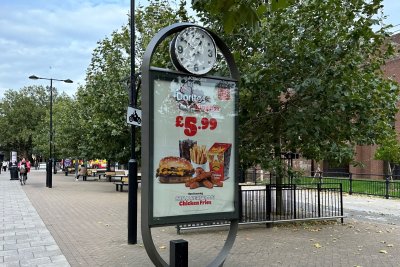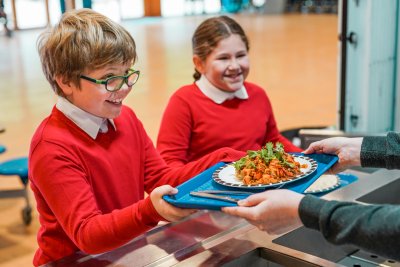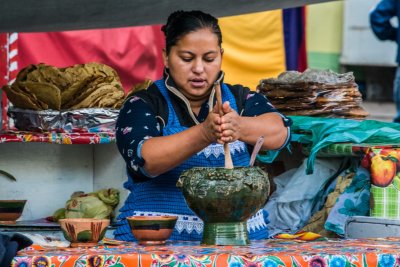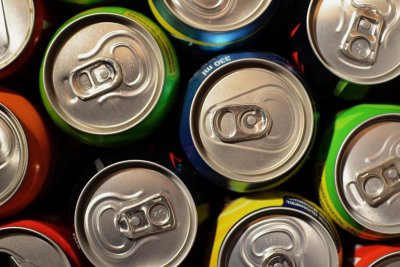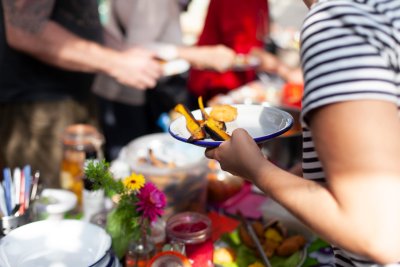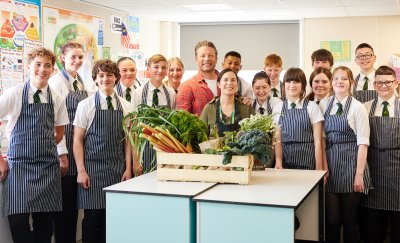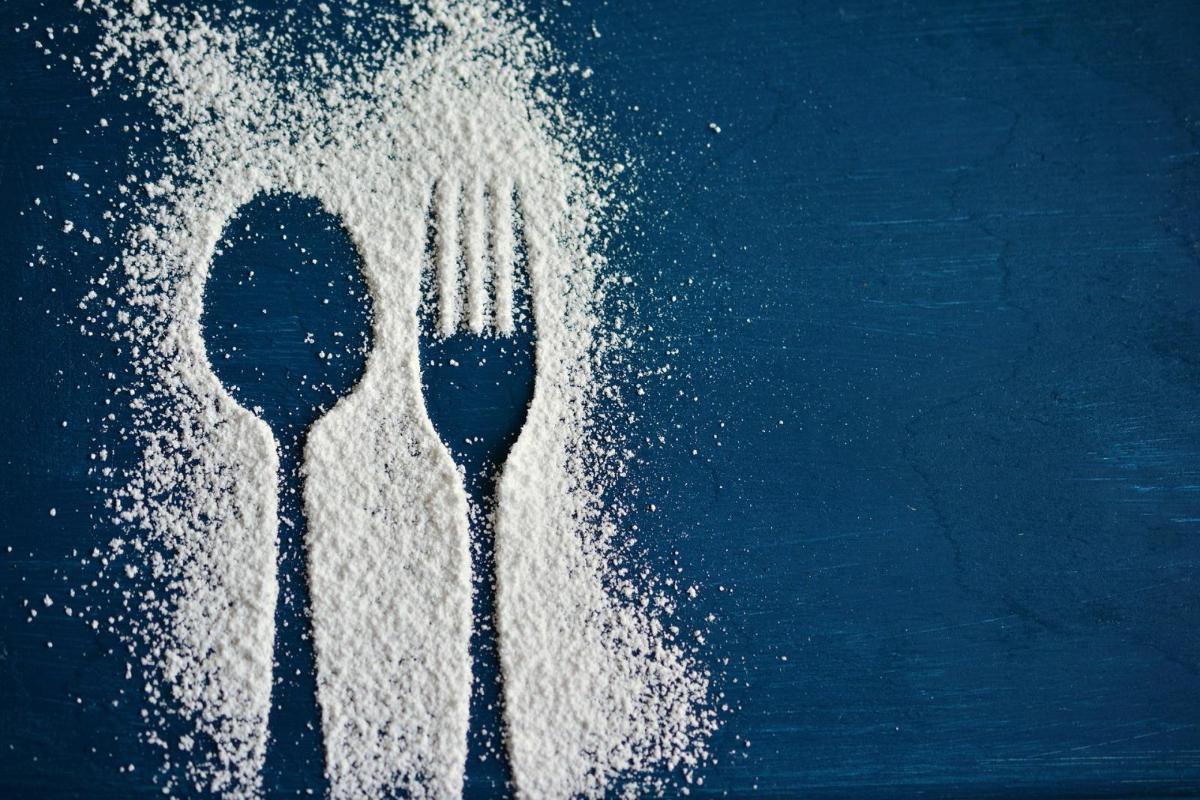 Credit: Pixabay
Credit: Pixabay
The latest Public Health England sugar reduction report reveals a whopping 28% drop in the levels of sugar in soft drinks, fuelled not least by the introduction of the Soft Drinks Industry Levy in April 2018.
Overall, the PHE report reveals:
- a 28.8% sugar reduction per 100ml in retailer own brand and manufacturer branded products and a 27.2% reduction per 100ml for drinks consumed out of home
- there was a consumer shift towards zero or lower sugar products, with sugar purchased from soft drinks decreasing in all socio-economic groups
- 30,133 tonnes of sugar were removed without reducing soft drink sales, resulting in around 37.5 billion fewer kilocalories sold in sugary drinks each year
- a 2.6% INCREASE in the overall volumes of sugar purchased by households, in relation to the product categories covered by the voluntary sugar reduction programme.
Barbara Crowther, Co-ordinator of the Children's Food Campaign says,
"The latest figures crown the Soft Drinks Industry Levy as the indisputable champion of the Government's child obesity and sugar reduction programmes. It's great to see the drinks category has absolutely smashed targets whilst other categories remain way off track in relation to the 20% by 2020 ambition. The levy is also raising at least £340 million a year at a time of national austerity and budget uncertainty, which is money badly needed for investment in children's health. This shows yet again that regulation is working where voluntary efforts are failing."
By contrast with soft drinks, voluntary reduction is only driving patchy progress elsewhere, with just a 2.9% reduction in sugar levels across all categories - hardly changed from 2019. It is clear that targets for reducing sugar levels by 20% by 2020 are not going to be met, and even other product categories such as yoghurts and breakfast cereals which have made more progress than the rest, are still way off target. The detailed figures also reveal that there are both leaders and laggards amongst the companies reporting on the sugar levels in their products.
Children's Food Campaign member Action on Sugar released figures last month showing that, despite growing pressure to play their part in reversing child obesity trends, sugar levels in some popular confectionery brands have actually increased since 1997.
"It is shocking to see that, whilst sugar levels have declined for soft drinks, overall the volume of sugar in products purchased by households has actually risen between 2015 and 2018," says Barbara Crowther. "If industry won't change, then additional smart regulation must be introduced and enforced to trigger the transformation of the food environment and a better, healthier future for children and their families."
Call to action
The Children's Food Campaign is calling for:
- a clear commitment to continuation of the Soft Drinks Industry Levy by current and future governments, based on evidence of the change it is driving
- an extension of the Soft Drinks Industry Levy to include milk-based sugary drinks (milkshakes)
- review of the thresholds and rates at which the Soft Drinks Industry Levy is set
- consideration of further fiscal measures such as calorie/energy-density levies to be applied other types of food where voluntary progress is not driving change
- continued ring-fencing of money raised from the Soft Drinks Industry Levy for investment in children's health, and clear accounting and transparency over its disbursement to agreed programmes
- implementation of measures proposed in the Government's Child Obesity Plan Chapter 2, all of which have been subject to public consultation in the past year. These include implementing the decision to ban sales of energy drinks to children (announced but still no details), introduction of a 9pm watershed on advertising of unhealthy foods, extension of restrictions on price and location based promotions for foods high in fat, salt and sugar, and mandatory calorie and nutritional labelling of all food and drink, regardless of where it is sold.
For more information:
Read the full September 2019 PHE report, Sugar reduction: Report on progress between 2015 and 2018
Read the reaction from the Royal Society of Paediatrics and Child Health
See coverage including Children's Food Campaign comment in The Evening Standard and The Grocer
Children's Food Campaign: Better food and food teaching for children in schools, and protection of children from junk food marketing are the aims of Sustain's high-profile Children's Food Campaign. We also want clear food labelling that can be understood by everyone, including children.
Sustain
The Green House
244-254 Cambridge Heath Road
London E2 9DA
020 3559 6777
sustain@sustainweb.org
Sustain advocates food and agriculture policies and practices that enhance the health and welfare of people and animals, improve the working and living environment, promote equity and enrich society and culture.
© Sustain 2024
Registered charity (no. 1018643)
Data privacy & cookies
